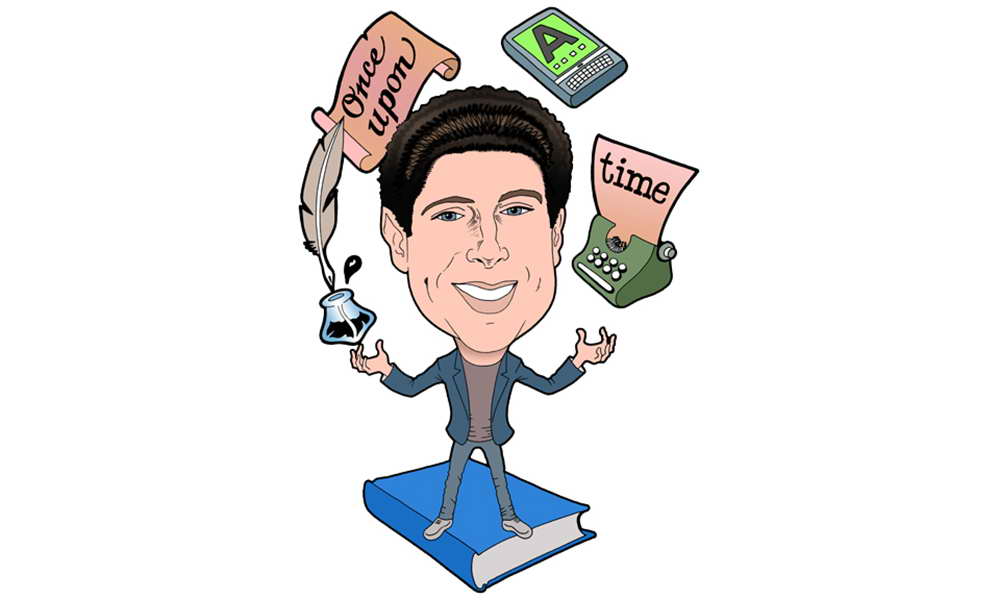Even if you don’t use Twitter, you’ve probably been inundated with news about the social networking site. That’s because the sharp minds behind Twitter managed to create a perfect media storm. Not only does their product have an insanely catchy name — isn’t it fun to say “Twitter” and “tweet”? — but it also provides mainstream media outlets with another way to reach an audience whose technology I.Q. is growing every day (Pebbles and Pundits also has a Twitter account). As a result, talking heads have been giving Twitter endless free publicity, promoting their own Twitter accounts and cracking each other up with Twitter-related banter (in a much-publicized gaffe on “The Today Show,” Stephen Colbert rendered Meredith Vieira speechless when he attempted to coin the past-tense variation of “tweet”).
Personally, I was skeptical when I first heard about Twitter. After the ascent of Facebook, MySpace, and many other social networking sites, why did the world need another one? What’s more, Twitter only allows messages of up to 140 characters in length. How much significance could be conveyed in a sentence or two? Twitter struck me as another nail in the coffin of the average American’s attention span.
A recent Marist poll suggests that, despite all the publicity, many people may share my skepticism — only 6% of Americans have personal Twitter accounts. Moreover, a study by Nielsen found that a majority of Twitter users stop tweeting a month after signing up. Is it possible that Twitter is a passing fad?
That’s doubtful. The aforementioned Nielsen study caused such a fervor among Twitter users that an addendum was posted acknowledging their complaints (though not retracting the original findings). Comscore, a company that measures consumers’ surfing habits, awarded Twitter the fastest-growing property title for the month of March; in April, Twitter surpassed The New York Times and the Wall Street Journal in unique visits. While Twitter may not be able to maintain its astronomical growth rate — a 1382% boost in unique visitors from February 2008 to February 2009, according to Nielsen — it seems to have become a staple in the lives of many people who use it to trade information and stay in touch.
You may be wondering, “What about money? Even though Twitter is popular, that doesn’t mean it’s generating any revenue — which means it may not be sustainable.” That’s a good point, but Twitter doesn’t appear to be stressing over finances. In November, its owners rebuffed Facebook after the social networking rival offered to take over Twitter for stock worth $500 million. And, on the web site, Twitter claims that it’s more interested in improving its service than boosting its bottom line. Meanwhile, speculation abounds over potential revenue streams with one possibility being the sale of commercial accounts to businesses. One can imagine the benefit a company might draw if it can find out, via Twitter, who’s tweeting about their product, who else is receiving those tweets, and what, specifically, those people need in terms of customer care or innovation. What’s more, some of that information can be found on a real-time basis, which could help inform business decisions that need to be made sooner rather than later. Recently, the ability of Twitter’s search engine to deliver data in real time earned praise from no less than an online eminence — the co-founder of Google.
In other words, thanks to shrewd marketing and cutting-edge technology, Twitter appears to have built a sturdy nest in the tree of online media. For Twitter die-hards, that’s great news. For the rest of us, it means enduring a lot more Twitter hype — or joining the growing ranks of tweeters.
Related Stories:


